The relationship between former President Donald Trump and Elon Musk has long been a topic of discussion, marked by both collaboration and recent conflicts. With their alliance now officially over, many are wondering who might step into the role of Trump’s new tech confidant. Given Trump’s significant influence on tech policy and his administration’s focus on industry and innovation, the question of who will fill this void is of great interest.
Potential Contenders
Several prominent tech figures have emerged as potential candidates to replace Musk as Trump’s new tech ally. Each brings unique strengths and motivations to the table.
Sam Altman
Sam Altman, the co-founder and CEO of OpenAI, is a strong contender. Altman’s company is at the forefront of AI development, an area where government regulation and support could play a crucial role. Altman has already demonstrated his willingness to work with Trump, standing alongside him to announce the Stargate project, a massive AI infrastructure initiative. This project, which aims to create a $500 billion AI ecosystem, could benefit significantly from Altman’s expertise and influence. Additionally, Altman’s vision for AI aligns with Trump’s focus on technological advancement and American dominance in emerging fields.
Mark Zuckerberg
Mark Zuckerberg, CEO of Meta, has also been making moves to mend fences with Trump. Despite past tensions, including Trump’s previous threats to jail Zuckerberg and Meta’s decision to ban Trump from its platforms, Zuckerberg has shown a renewed interest in building a relationship with the former president. Meta’s donation of $1 million to Trump’s inauguration and Zuckerberg’s attendance at the event demonstrate his commitment. Zuckerberg’s focus on free expression and his criticism of fact-checking align with Trump’s views on media bias. Furthermore, Meta’s ongoing legal battles with the government over antitrust issues could benefit from a closer relationship with Trump.
Jeff Bezos
Jeff Bezos, the founder of Amazon, has historically had a contentious relationship with Trump, largely due to Trump’s criticism of the Washington Post, which Bezos owns. However, recent actions suggest Bezos may be seeking a rapprochement. Bezos has visited Trump’s Mar-a-Lago resort and contributed to Trump’s inauguration, indicating a willingness to rebuild their relationship. Amazon’s vast business interests, including retail, cloud computing, and internet satellite projects, could benefit from a closer alignment with Trump’s administration. Additionally, Bezos’s Blue Origin competes directly with Musk’s SpaceX, making him a natural candidate to fill the void left by Musk.
Tim Cook
Tim Cook, CEO of Apple, has had a more nuanced relationship with Trump. Once known as the “Trump Whisperer” for his ability to shield Apple from Trump’s trade policies, Cook’s influence has waned somewhat in Trump’s second term. However, Apple’s significant role in the tech industry and its ongoing challenges with tariffs and manufacturing policies mean that Cook has much to gain from a closer relationship with Trump. If Cook can navigate the current tensions and re-establish himself as a key ally, he could play a crucial role in shaping tech policy under Trump.
Satya Nadella
Satya Nadella, CEO of Microsoft, is another potential candidate. Microsoft’s deep involvement in cloud computing and AI aligns with Trump’s focus on technological advancement. Additionally, Microsoft’s recent investments in AI and its partnership with OpenAI suggest a strategic alignment with Altman’s vision. Nadella’s ability to navigate complex regulatory environments and his company’s long-standing influence in the tech industry make him a strong contender to become Trump’s new tech ally.
Factors Influencing the Decision
Several factors will influence who ultimately becomes Trump’s new tech ally. Firstly, the candidate must align with Trump’s broader policy goals, particularly in areas such as AI, cloud computing, and regulatory reform. Secondly, the chosen ally must be willing to support Trump’s initiatives, both politically and financially. Finally, the candidate must be able to navigate the complex landscape of tech regulation and antitrust scrutiny.
The end of the Trump-Musk alliance leaves a significant gap in the tech sphere. Potential replacements like Sam Altman, Mark Zuckerberg, Jeff Bezos, Tim Cook, and Satya Nadella each bring unique strengths and motivations to the table. The next tech ally will likely be someone who can navigate the complex intersection of technology, policy, and politics while supporting Trump’s vision for American technological dominance. As the tech industry continues to evolve and influence policy, the identity of Trump’s new tech ally will have far-reaching implications for both the tech sector and the broader economy.
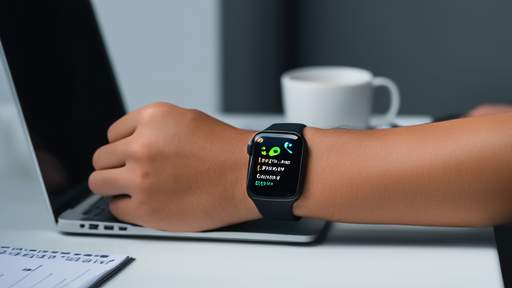
By Christopher Harris/Jun 6, 2025
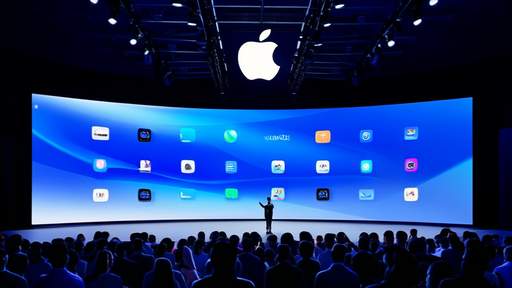
By Emily Johnson/Jun 6, 2025
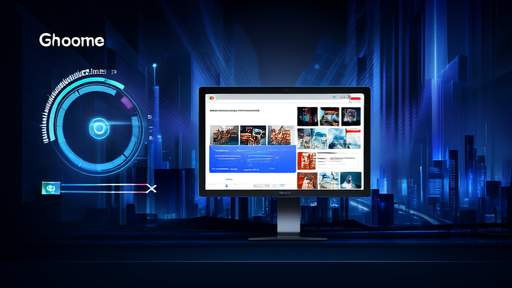
By Laura Wilson/Jun 6, 2025
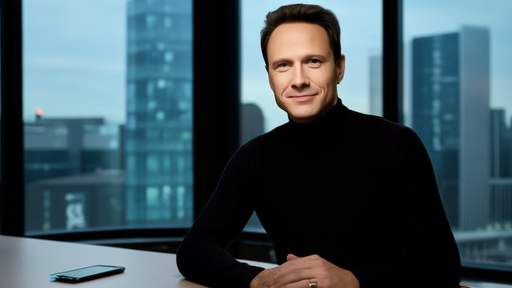
By Jessica Lee/Jun 6, 2025

By William Miller/Jun 6, 2025
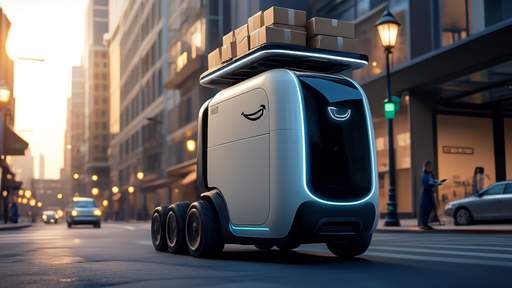
By Victoria Gonzalez/Jun 6, 2025

By /May 21, 2025

By /May 21, 2025

By /May 21, 2025

By /May 21, 2025

By /May 21, 2025

By John Smith/May 19, 2025

By Sophia Lewis/May 19, 2025

By Christopher Harris/May 19, 2025
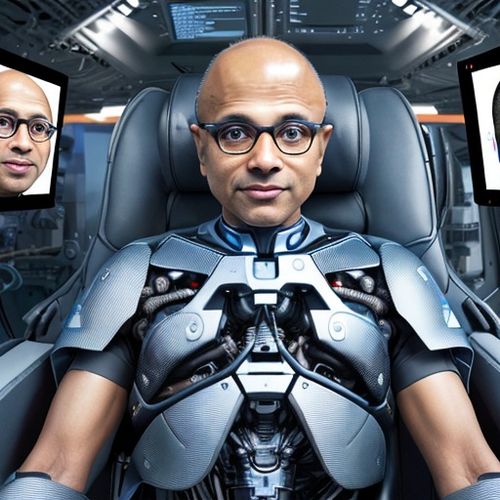
By Natalie Campbell/May 19, 2025

By Grace Cox/May 19, 2025

By Amanda Phillips/May 19, 2025
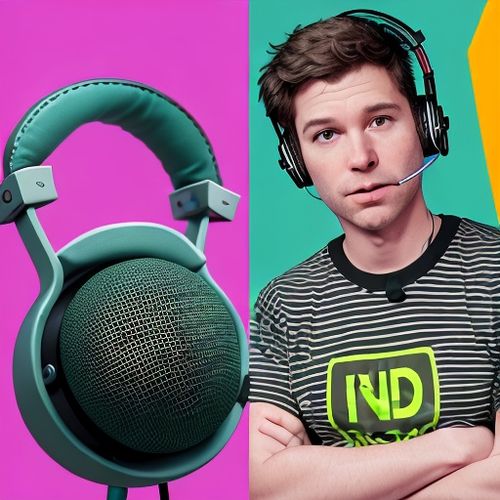
By Megan Clark/May 19, 2025

By Eric Ward/May 19, 2025

By Ryan Martin/May 19, 2025